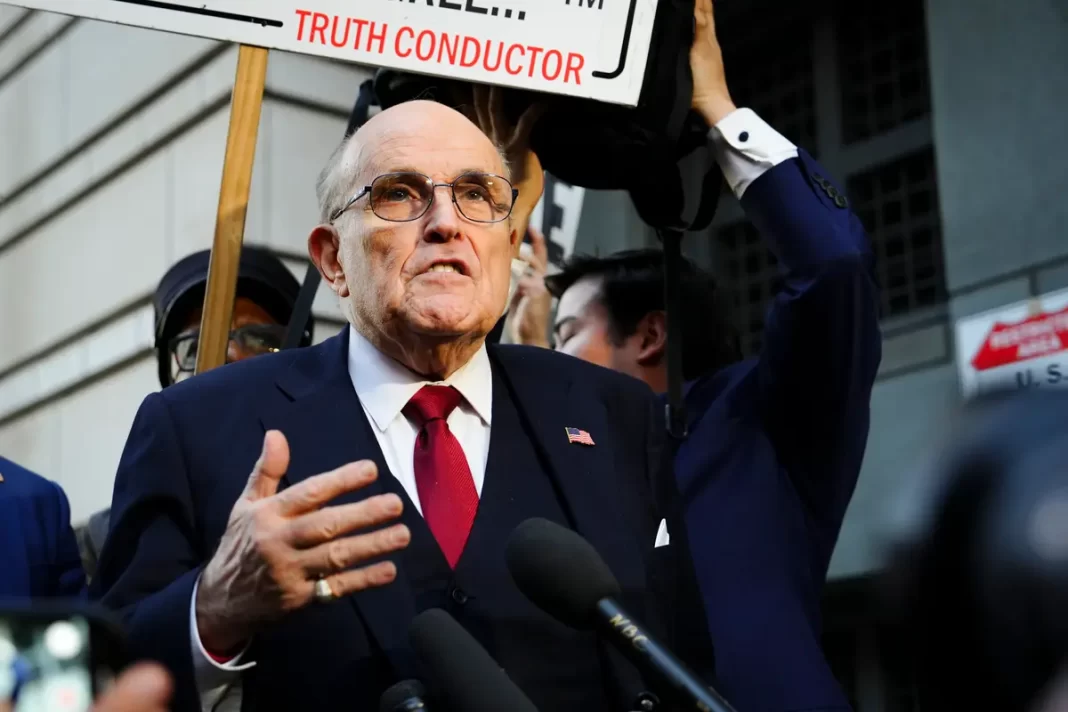CEO Jim Farley says the carmaker will stop participating in external culture surveys, such as the Human Rights Campaign’s Corporate Equality Index.
Ford Motor Co. has slammed the brakes on some of its diversity, equity, and inclusion (DEI) policies after reviewing them over the past year.
According to an Aug. 28 memo sent to all employees by CEO Jim Farley, which has since been widely shared on social media, the automobile manufacturer has decided to stop participating in external culture surveys.
Farley says this includes the annual survey by the Human Rights Campaign (HRC), which measures workplace inclusion for LGBT employees and provides companies with a score on its “Corporate Equality Index,” which HRC says is a “national benchmarking tool on corporate policies, practices and benefits pertinent to lesbian, gay, bisexual, transgender and queer employees.”
Ford will also stop participating in various “best places to work lists,” the memo said.
“We will continue to build a high-performance culture focused on ‘what’ we deliver with aligned objectives, high standards, and accountability and, as importantly, ‘how’ we deliver through excellence, focus, and collaboration,” Farley said.
“This creates an environment where all of us can do our best work anchored in respect and inclusion.”
Farley said in the memo that the car manufacturer does not utilize hiring quotas or compensation to achieve specific diversity goals.
“Likewise, while we continue to develop a dealer body that reflects the communities they serve, we will not use quotas for minority dealerships or suppliers,” he said.
Avoiding ‘Polarizing Issues’
Farley said the company will try to stay more politically neutral in its actions.
He said Ford would still comment on issues on which it could provide meaningful input and donate to worthy causes that “move people forward and upward.”
“There will of course be times when we will speak out on core issues if we believe our voice can make a positive difference,” he said.
Ford’s policy adjustments follow a growing backlash to ultra-progressive agendas being promoted by some corporations to consumers.







